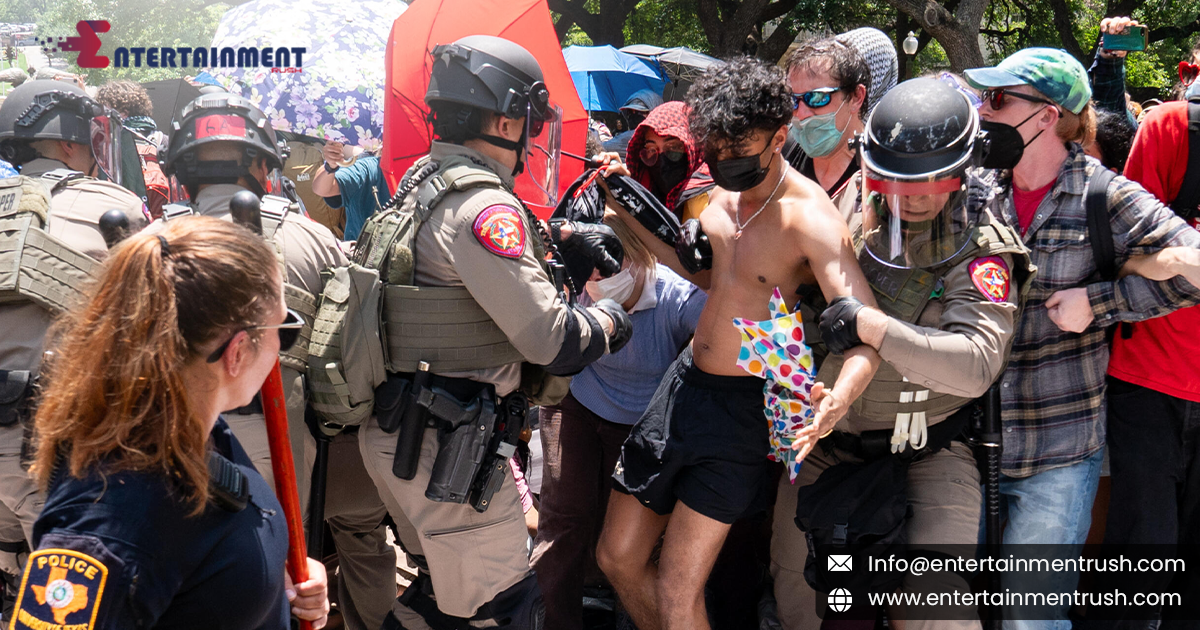In recent weeks, a growing number of students have taken to the streets and university campuses to demand the dismissal of legal charges filed against them in connection with their involvement in protests. This surge in activism is not merely a response to specific legal actions but is part of a broader discourse on the intersection of student activism, legal accountability, and the concept of fair compensation for those engaged in civil disobedience. The debate underscores a critical examination of how society values protest and the appropriate responses to those who challenge the status quo.
The Case for Dismissal: Protecting Constitutional Rights
The students involved in these protests argue that the charges levied against them are not justifiable and are being used as a means of suppressing dissent. Their demands for the dismissal of these charges highlight a deep-seated belief that their actions were not only constitutionally protected but were also necessary to address significant issues facing their communities. From climate change to social justice and educational reform, these protests often center around urgent causes that the students feel require immediate action and visibility. The dismissal of charges, therefore, is seen as not merely a legal issue but as a moral and political stance, asserting that their protest was a legitimate exercise of their democratic rights.
Understanding Fair Compensation for Protest Participants
The question of what constitutes fair compensation for participants in protests adds another layer of complexity to this issue. Fair compensation can take many forms, ranging from the dropping of legal charges to financial support for legal defense and even restitution for damages incurred during demonstrations. The idea of compensation in this context challenges traditional notions of what is owed to individuals who face legal repercussions for their activism. It raises questions about how society values and supports those who take risks to advocate for change and whether the current legal and financial systems adequately address these needs.
Societal Attitudes and Legal Penalties
The debate over fair compensation also reflects broader societal attitudes towards protest and dissent. In many instances, protests are met with resistance from authorities and institutions that view them as disruptive or challenging to their interests. This resistance often manifests in the form of legal penalties, which can have significant consequences for individuals involved. The students’ demand for the dismissal of charges can thus be seen as part of a larger struggle against what they perceive as punitive measures aimed at stifling their voices and undermining their efforts to effect change.
Justice and Equity in Activism
Moreover, the discussion around fair compensation for protest participants touches on issues of justice and equality. Students who engage in protests often come from diverse backgrounds, and the financial and legal burdens associated with these activities can disproportionately affect those from less privileged socio-economic backgrounds. In this light, the call for fair compensation is also a call for greater equity in how the costs and consequences of activism are distributed. It questions whether the legal and financial systems are equipped to fairly address the needs of all participants, regardless of their background.
The Broader Implications of the Debate
As the debate continues, it is clear that the issue of fair compensation for protests is multifaceted and deeply intertwined with questions of legality, morality, and social justice. The outcome of these demands will likely have implications not only for the students involved but also for the broader landscape of activism and protest. It raises important questions about how societies value and respond to dissent and what measures are necessary to support those who take courageous stands on important issues.
Navigating the Complexities of Protest and Compensation
the students’ demand for the dismissal of charges and the discussion of fair compensation for protests bring to light critical issues about the nature of activism, the consequences faced by protestors, and the broader societal response to dissent. As this conversation evolves, it will be essential to consider both the legal and ethical dimensions of protest, ensuring that the rights of individuals to challenge injustices are upheld while also addressing the practical and financial challenges they may face.
